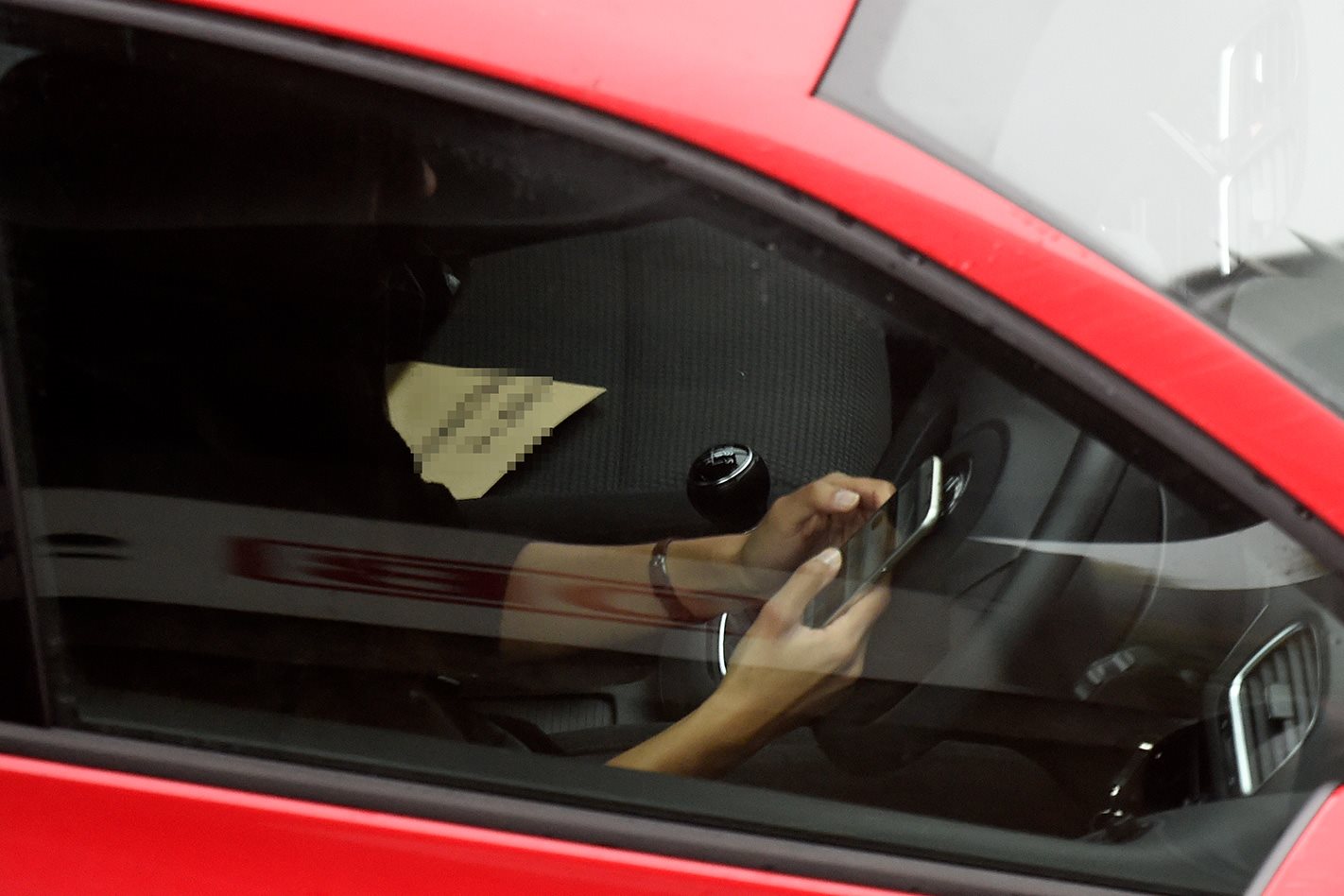
Victoria will introduce updated driver distraction laws on March 31.
With distraction claimed to be responsible for 11 per cent of fatalities on the state’s roads, the new laws are aimed to “keep Victorians safe and reduce road trauma,” according to the Andrews Government.
The updated laws will extend current legislation for mobile phone use to cover modern technology, including built-in infotainment systems and mounted and wearable devices – such as smartwatches, tablets and gaming consoles.
AI-enabled mobile phone and seatbelt camera detection systems will also be introduced in Victoria in the coming months, as part of a $33.7 million investment from the Victorian Road Safety Strategy 2021-2030.
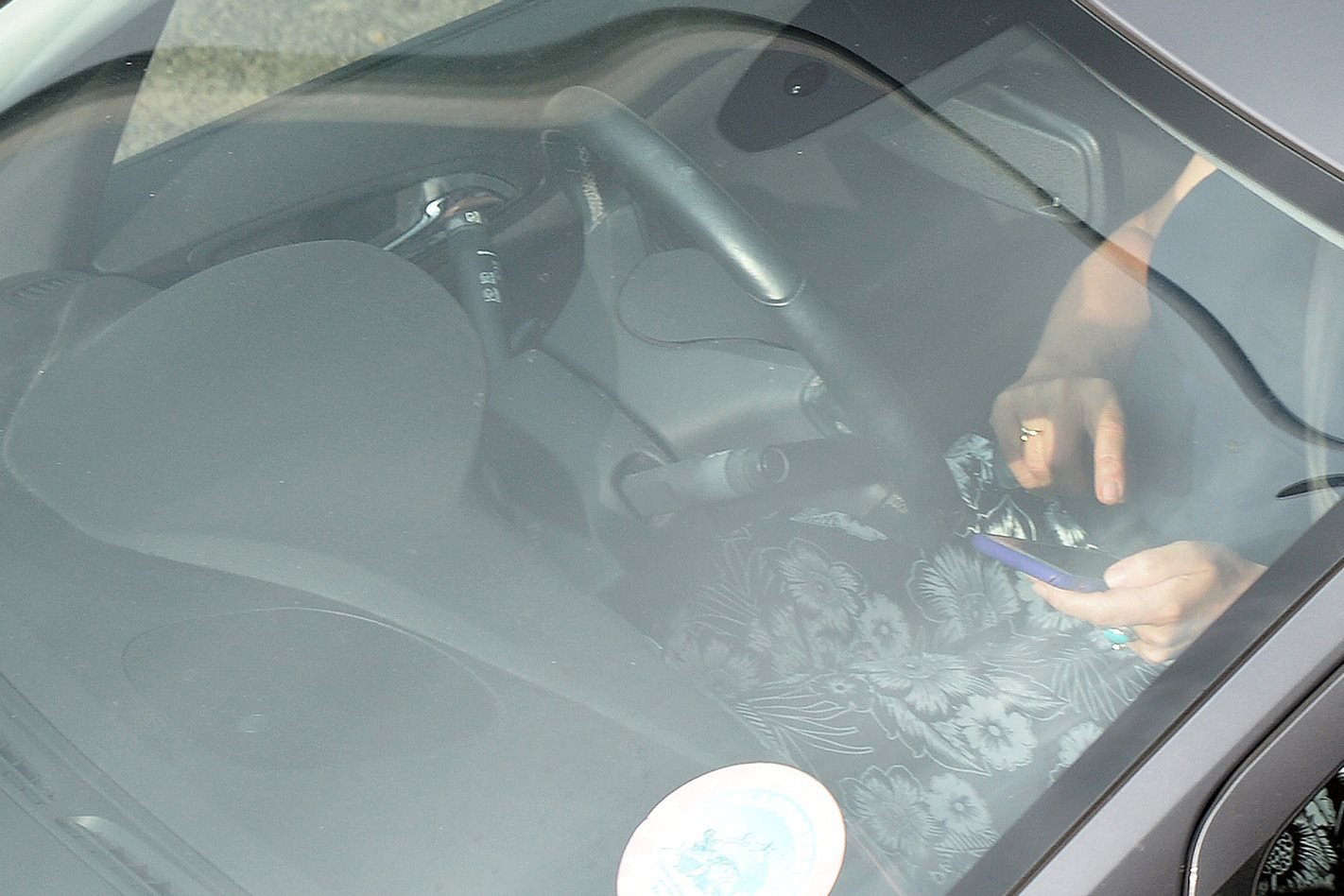
The “high-resolution images” will detect vehicles in all conditions, including during poor weather or in low light – day or night.
A three-month warning period will apply before infringement notices and demerit points are issued from the mobile phone and seatbelt cameras.
In Victoria, the current penalty for using a mobile phone while driving is a $555 fine and four demerit points, while drivers caught without a seatbelt face a $370 fine and three demerit points.
The cameras can also detect passengers without seatbelts – or incorrect use of a seatbelt – where additional penalties may apply.
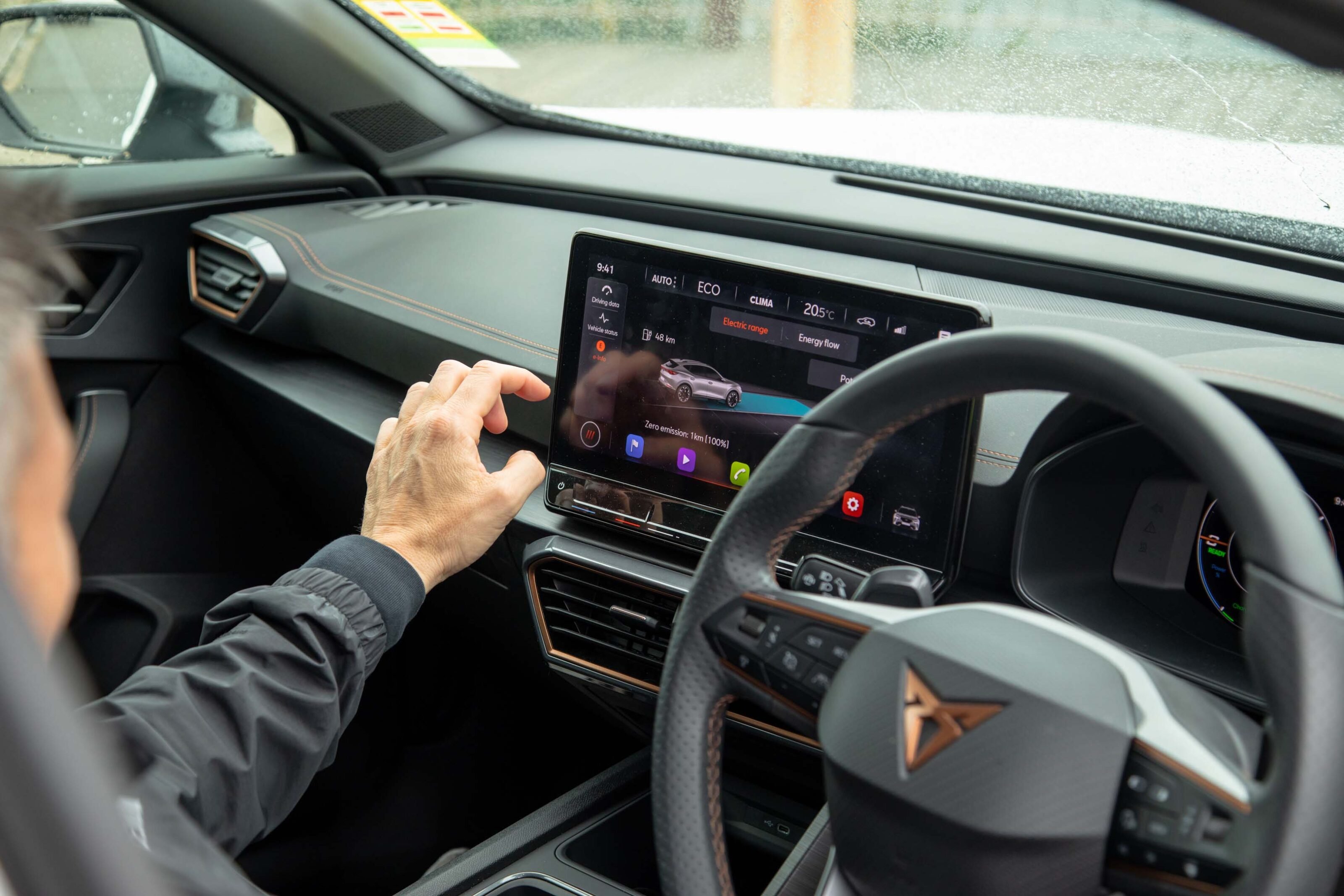
While a number of laws are already in place for mobile phone use, the updated legislation will expand and clarify this to reflect an increase in built-in vehicle technologies.
“It will bring Victoria in line with the Australian Road Rules, and cover in-built vehicle systems, mounted devices, wearable and portable devices such as smartwatches and tablets,” said the Victorian Government.
“Community awareness campaigns will run over the coming months to educate drivers on the devastating risks of distraction.”
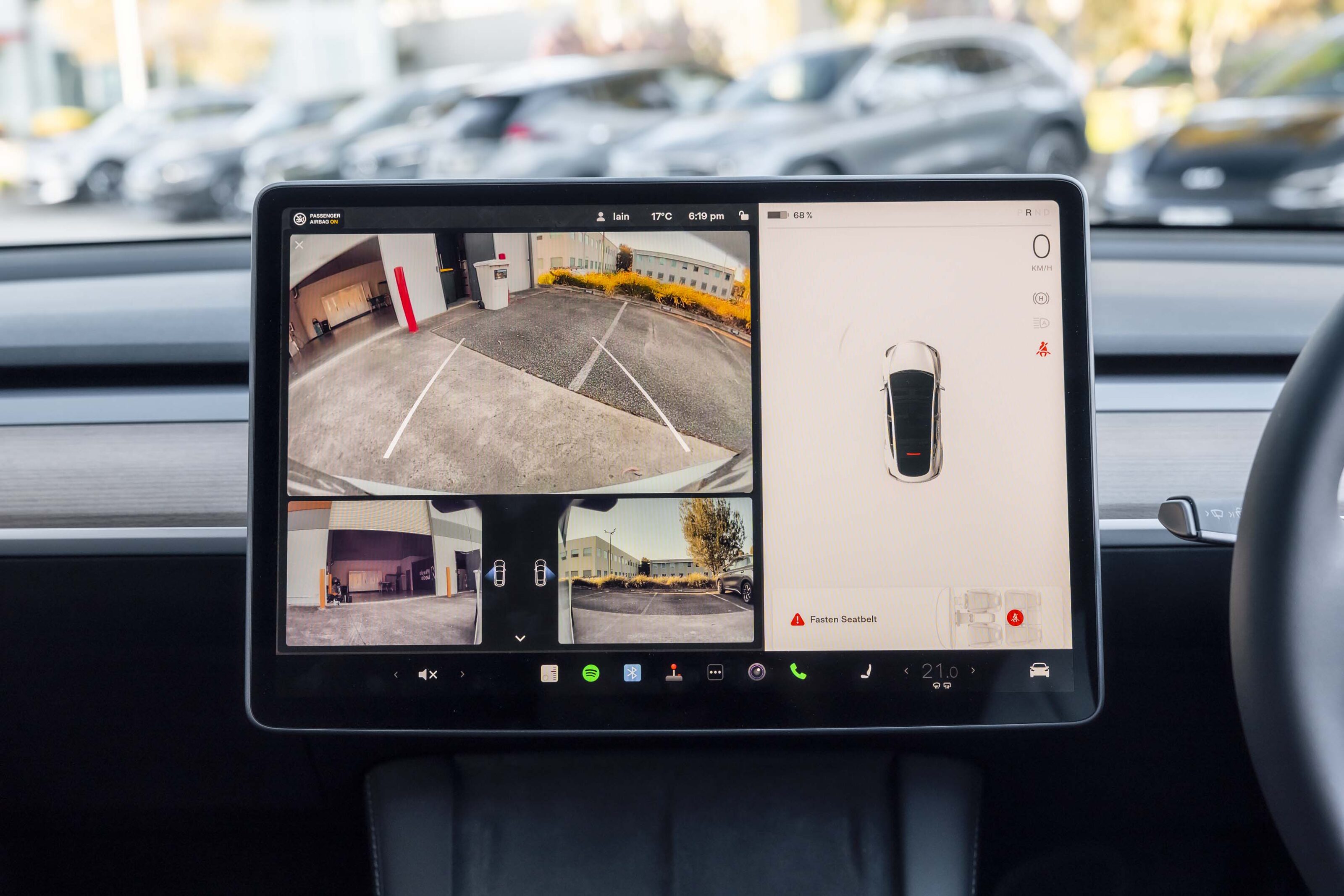
With the updated laws now covering built-in infotainment units, drivers will now be required to park their vehicle to:
- Enter text, numbers or symbols (unless using voice control)
- Scroll (i.e. for media playlists)
- Display text messages, social media, emails or photos
- Watch movies, TV, video games or other moving images.
It will also allow drivers to monitor their behaviour or condition, carry out a ‘professional driving task’, or use a function intended to operate the vehicle.
This is an important caveat for certain, touch-centric vehicles – including the Tesla Model 3 and Model Y, which exclude traditional buttons and knobs for basic vehicle functions, such as climate settings, volume and audio tuning, and even wiper and headlight controls.
In addition, the law has been expanded to include wearable devices, including smartwatches, smart glasses (such as wearable heads-up displays) and motorbike helmet devices.
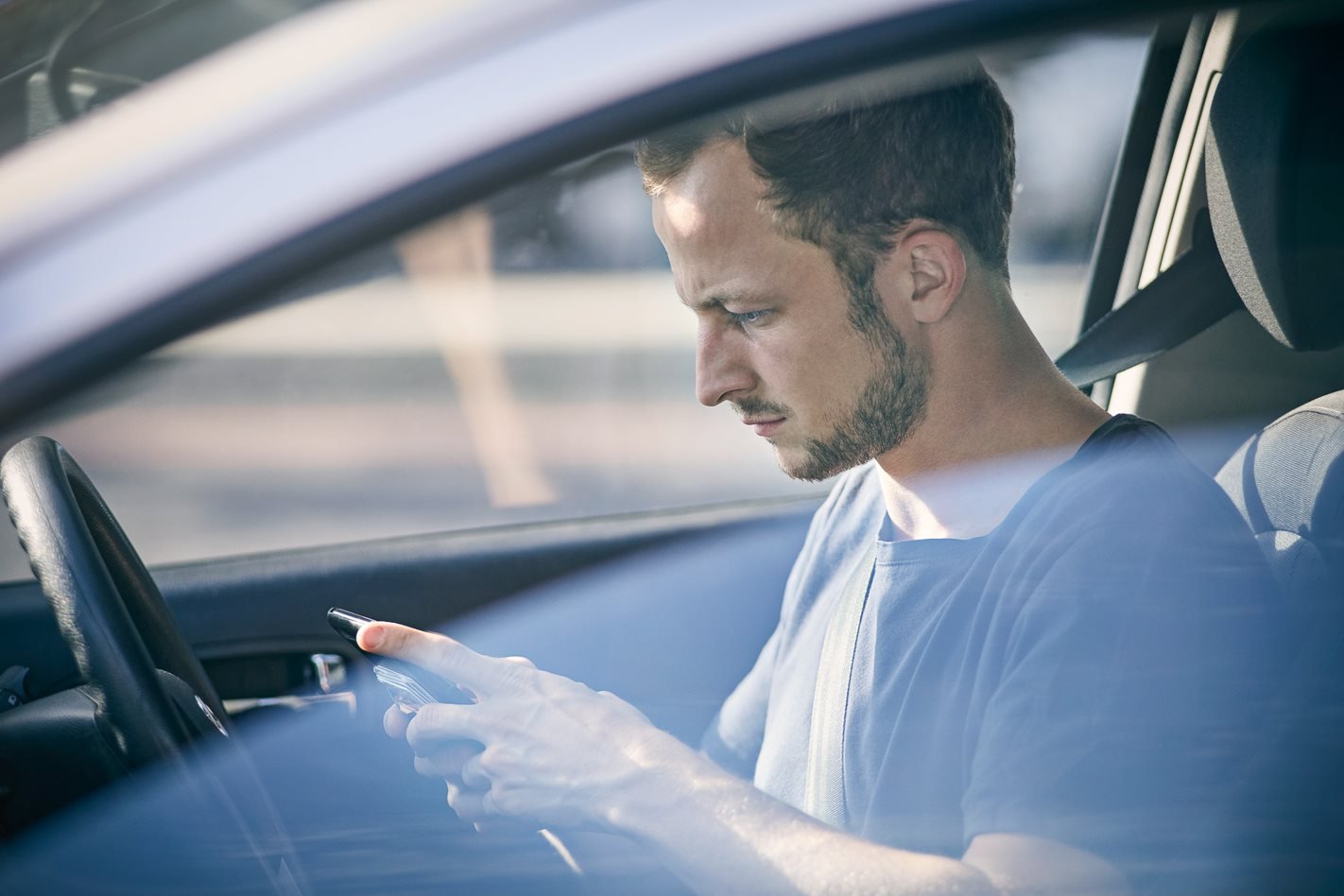
Drivers will now be legally allowed to use their mobile phone or another device to pay at a drive-through, in line with New South Wales and Queensland.
While mobile phone laws were already strict for learner and probationary drivers in Victoria, they will be strengthened further to prohibit the use of voice control entirely, including for built-in systems.
L- and P-plate drivers must not use a mobile device for any function while driving, including hands-free systems or Apple CarPlay and Android Auto, in Victoria.
“Distraction is deadly – which is why we’re introducing these new road rules to protect the lives of Victorians,” said Minister for Roads and Road Safety, Melissa Horne.
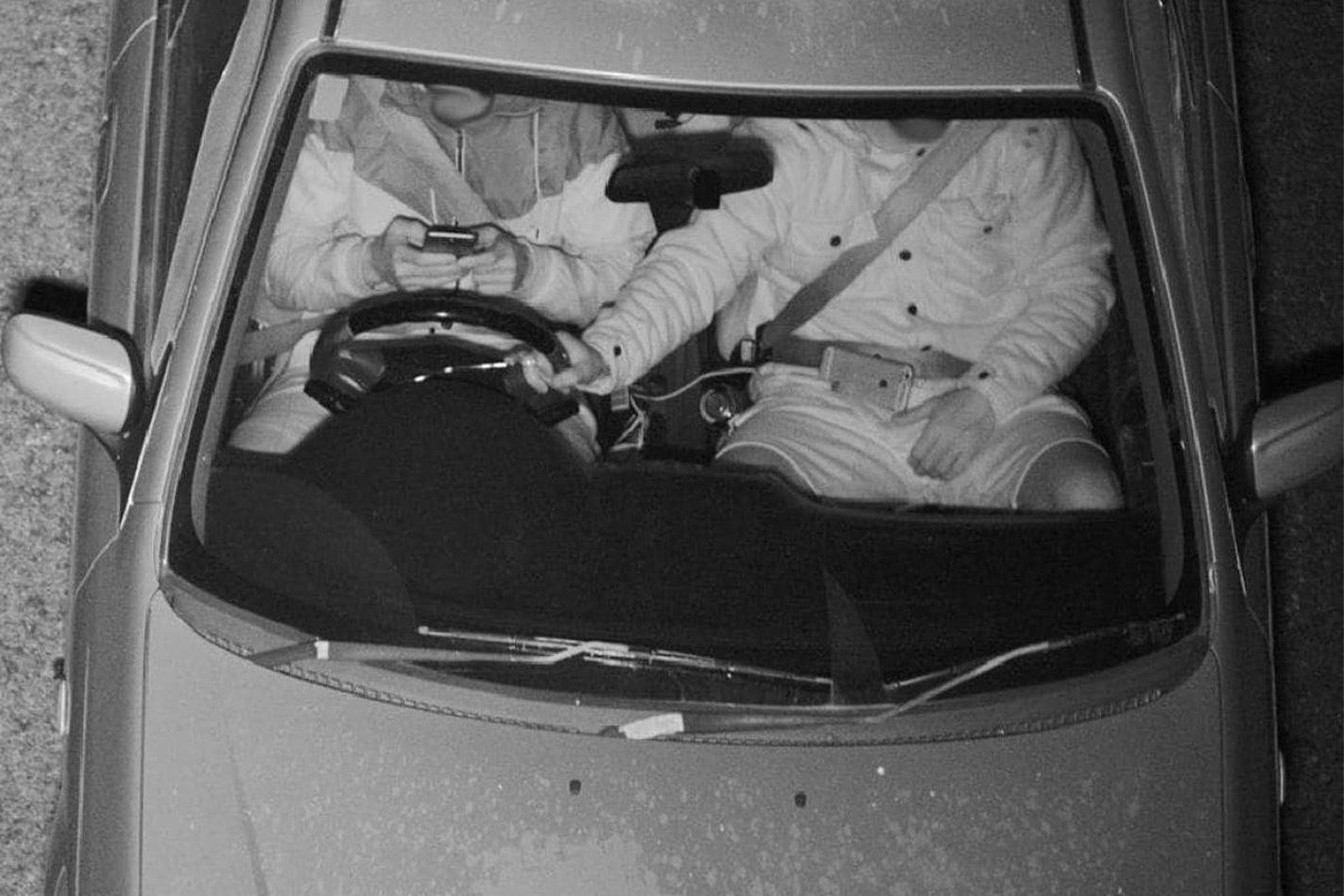
“Everyone has a role to play in keeping our roads safe, so when you’re driving, please make the right choices – pay attention and don’t be distracted.”
“We need every motorist to make the right decisions when they’re behind the wheel. When they don’t, road safety cameras and Victoria Police are there to hold them accountable,” added Minister for Police, Anthony Carbines.
The updated road rules will be enforced in Victoria from March 31, 2023.
A three-month warning period will apply for mobile phone and seatbelt offences detected by the newly-introduced fixed roadside camera systems.
In addition, the new laws will apply to “riders and operators of bicycles, electric scooters, recreational vehicles (such as people on skateboard and rollerblades) and electric personal transporters.”
We recommend
-
 News
NewsRoad safety survey finds more Queenslanders are admitting to breaking driving laws
One in 10 admitted to not wearing a seatbelt at some point over the past 12 months
-
 News
NewsManufacturers could be hit with $10 million fines for breaching Franchising Code
As the debate continues over the way new cars are sold, corporations can now face hefty fines if they are found to have breached their obligations
-
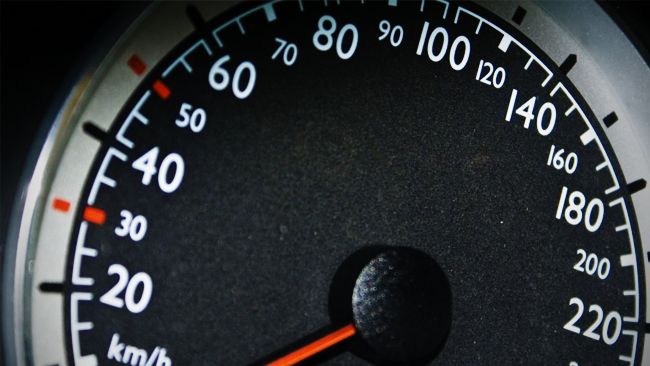 Advice
AdviceIs it illegal to drive 'too slowly' in Australia?
Is it against the law to drive notably below the speed limit? Well, that depends...




